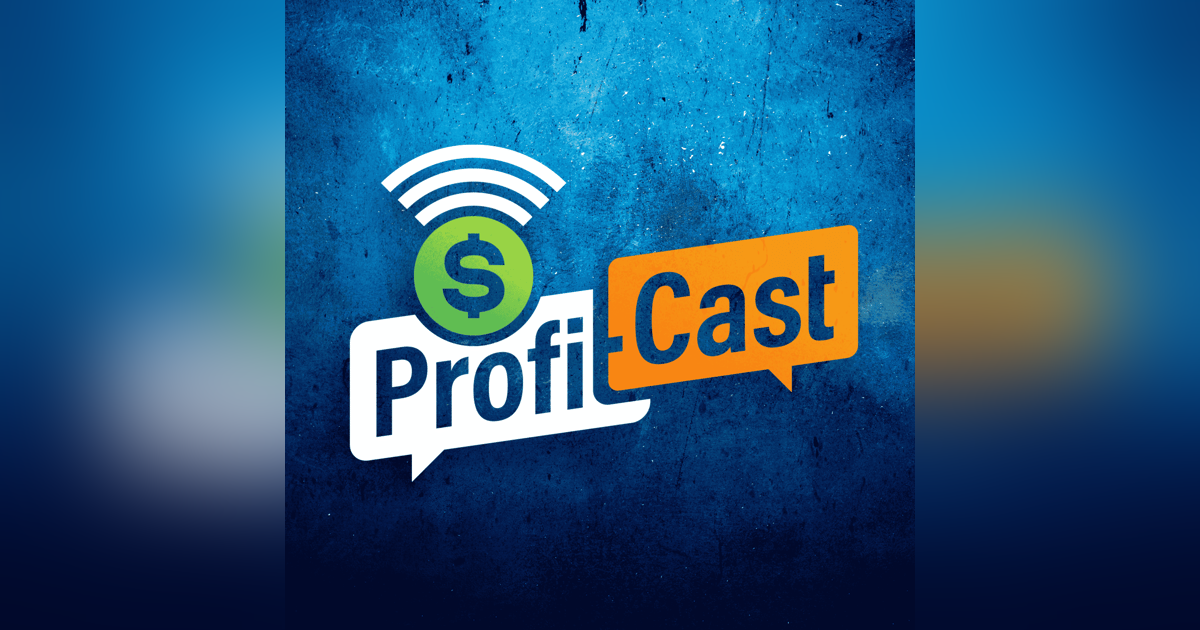82: ROCK Your #1 Goal in 100 Days | John Lee Dumas


We are nearly 1/12th of the way through the Year of Profit, still well inside Q1 of 2016, but it’s never too late to set goals. And that’s what we’re focusing on this week… setting goals. The Real Brian and John Lee Dumas team up to talk about...
We are nearly 1/12th of the way through the Year of Profit, still well inside Q1 of 2016, but it’s never too late to set goals. And that’s what we’re focusing on this week… setting goals. The Real Brian and John Lee Dumas team up to talk about John’s upcoming Freedom Journal release (see links below) and how we can ALL rock a goal in 100 days.
Smart Goals
Every company I’ve worked for has done goals differently. It’s an area I’ve struggled in, because even though I’m forward-thinking, I don’t like failing! I also do not like being bound to something out of obligation, and goals have always felt, to me, like a binding that holds me to straining after something too specific. Instead, my philosophy has always been: work hard, respect and honor authority, respond to constructive feedback through an intent to improve, and keep reaching higher.
As a result, I’ve simply made myself scared to set goals. And that is not good. The company I work for now is all about the future; we build and maintain a series of web applications that measure workforce intensity by providing talent analytics and employee measurement through a variety of surveying techniques. There is something to be said about knowing my own place within a company’s paradigm by also knowing where I fit in and how I contribute to the overall goals of the company.
SMART is a mnemonic device for remembering a set of criteria that enables a person, or group of people, to establish objectives. Most commonly, the letters stand for the following:
Specific
Measurable
Assignable
Realistic
Time-related
I’ve mentioned in previous blog posts that the factor which contributes most to my inability to move forward on a project is a high degree of generalities, and that the best way for me to make progress on a project is to break those down into specifics. One of the excuses I’ve used a lot in setting bad goals, or unspecific and immeasurable goals, is that my occupation doesn’t really fit well into about 60 percent of the SMART criteria.
As an application developer, my goals, at large, are to 1) write quality code that 2) produces as few bugs as possible while 3) helping to iteratively move development cycles forward. Naturally, my first ideas for goals are… 1) Code better. 2) Produce fewer bugs. 3) Get my work done efficiently and quickly. But these aren’t specific, and as they currently read are really not measurable.
After some conversations with my manager, I came up with several goals that took the focus away from me specifically (I did write a few that were career-oriented goals) and instead focused on my role in the whole process. One goal, targeting the write fewer bugs idea, was scheduling code reviews with my peers and then providing a live demonstration to the quality analysts for each feature development. Two things I might not even have thought of being measurable goals ended up not only being measurable, but extraordinarily realistic. I’d say that goal itself hits about 95 percent of what SMART aims to target. The remaining 5 percent is sort of due to the fact that this is an on-going goal, something that isn’t necessarily accomplished and crossed off a list, but in the course of completing it I move myself toward the other goals on my list at a faster pace. Implementing a practice of code reviews and demos enables me to write more efficiently and produce fewer bugs because I’ve had to live-demo the functionality before it goes into the next stage of testing.
If you’re like me and struggle with the setting of goals, or are intimidated by the prospect of finding goals specific enough to measure and accomplish, I really think the Freedom Journal is going to be something you find useful. In addition to helping to form a goal, the John’s process will also help you to incrementally move toward accomplishing a goal by breaking it down into manageable pieces. Check it out! The links to the Kickstarter campaign and the EOFire page are below.
Links!























